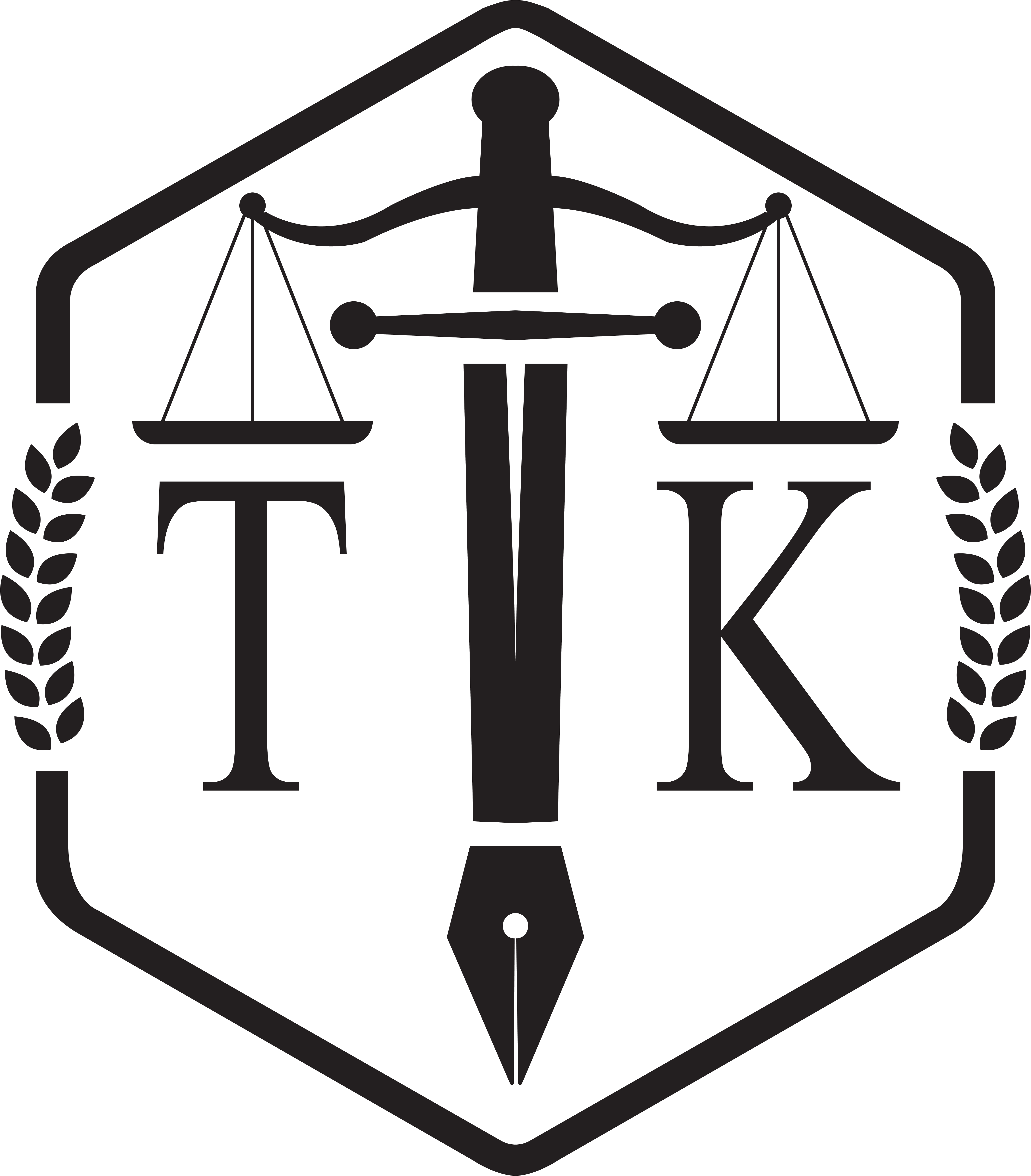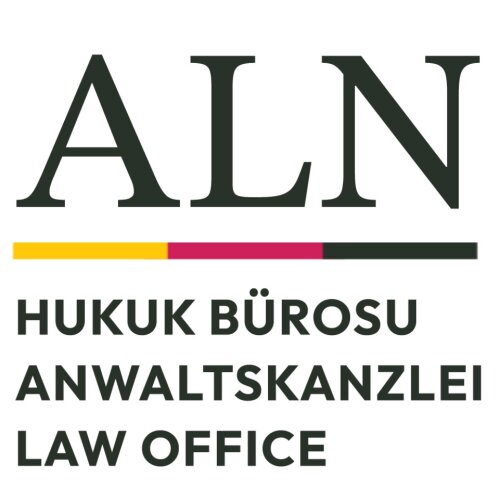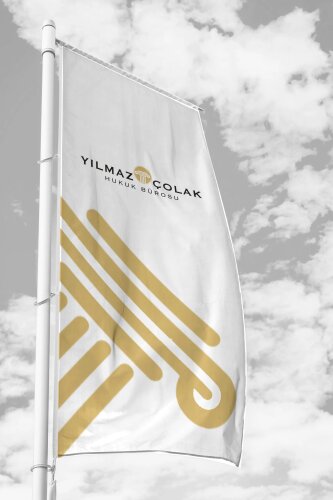Best Inheritance Law Lawyers in Turkey
Share your needs with us, get contacted by law firms.
Free. Takes 2 min.
Or refine your search by selecting a city:
List of the best lawyers in Turkey
About Inheritance Law in Turkey
Inheritance law in Turkey, or veraset hukuku, is primarily governed by the Turkish Civil Code (Türk Medeni Kanunu - TMK). It covers how a deceased person’s assets pass to heirs, whether a will exists or not. The law includes rules on intestate succession, forced heirs, and the legitimacy of a will (vasiyetname). Legal outcomes depend on family relationships, the type of asset, and whether assets are domestic or abroad. Turkish inheritance law balances the rights of close family members with the decedent's testamentary wishes.
The process often involves notaries, registries, and courts depending on asset types and whether a will is challenged. Real estate transfers, bank accounts, and company shares require proper documentation and timing to avoid delays. A Turkish avukat (lawyer) can guide you through filing, valuation, and distribution steps, ensuring compliance with TMK provisions.
In Turkey, forced heirs ensure spouses and children retain a minimum share of the estate under the Civil Code.Source references: Ministry of Justice and official law texts.
Key terms you may encounter include veraset (inheritance), vasiyetname (will), vekil (attorney), and intikal (transfer of ownership). Understanding these terms helps when communicating with lawyers, notaries, and the tax authorities. You will often need certificates such as death certificates, family registrations, and asset inventories during the probate process.
Why You May Need a Lawyer
navigating Turkish inheritance matters without professional help can lead to costly delays or disputes. Below are concrete scenarios where engaging a Turkish avukat is advisable.
- Disputes among heirs after a death with multiple siblings. If siblings disagree on asset division, a lawyer can interpret the TMK and prepare a settlement or represent you in court or before a notary when needed.
- Challenging or validating a vasiyetname (will). If the will appears unclear, forged, or was created under pressure, an attorney can evaluate capacity, validity, and potential undue influence; they can file challenges in court or negotiate a settlement.
- Estate includes real estate with foreign assets or properties abroad. Cross border transfers require coordination with Turkish registries and foreign authorities; a lawyer coordinates documents and timelines to avoid ownership conflicts.
- Debt and creditor claims against an estate. If creditors seek payment from the estate, a lawyer helps prepare an accurate inventory, prioritize claims, and protect the heirs’ interests.
- Complex asset structures or business interests. If shares in a company or a family business are involved, a lawyer can handle corporate formalities, shareholder rights, and transfer procedures.
- Tax implications and exemptions. Inheritance tax rules (veraset vergisi) vary by relation to the decedent and the value of assets; legal counsel ensures correct filing and optimization of exemptions where applicable.
Working with an avukat helps you avoid procedural pitfalls, such as missed deadlines or improper documentation. A lawyer can also explain how long probate typically lasts in your case and what documents to prepare. You will benefit from clear guidance on who may have a right to a reserve share and how to calculate it.
Local Laws Overview
Two to three core statutes shape inheritance practice in Turkey, along with ongoing regulations on taxation and notarial processes. Here are the key laws by name and how they function in practice.
- Turkish Civil Code (4721) - Governs general family law, succession, forced heirs, and the testamentary process. Effective date for the current code is 1 January 2002, with earlier provisions consolidated in 2001. This code defines reserved shares for close relatives and the rules for distributing an estate when no will exists. Ministry of Justice and Mevzuat.gov.tr offer the official text and amendments.
- Veraset ve İntikal Vergisi Kanunu - Establishes inheritance tax obligations and exemptions for heirs. Rates and exemptions vary by relation to the decedent and asset type. This law is historically established and amended over time, with current guidance available through the Tax Administration and official gazette resources. See Gelir İdaresi Başkanlığı for tax treatment and filing procedures.
- Noterlik Kanunu - Regulates notarial acts including notarial vasiyetname (will) creation and authentication of inheritance related documents. The notary system assists in formalizing wills, inventories, and asset transfers. For authoritative provisions, see Ministry of Justice and Mevzuat.gov.tr.
Recent trends include digitalization of notarial processes and increased use of the e-government portal for filing certain probate documents. These developments aim to streamline veraset procedures and reduce processing times. For current procedures, consult official resources on turkiye.gov.tr.
Frequently Asked Questions
What is the Turkish Civil Code and how does it relate to inheritance?
The Turkish Civil Code (4721) governs family and inheritance law. It sets out reserved shares for spouses and children and the rules for intestate succession. A lawyer can interpret how these rules apply to your case.
How do I start a probate or veraset procedure in Turkey?
Begin by gathering death certificates, family registrations, asset lists, and any existing wills. Then consult an avukat to determine if a notarial or court probate is required.
What is a vasiyetname and when should I use one?
A vasiyetname is a will that conveys your wishes after death. You may choose a notarial or holographic will, depending on your circumstances and asset types.
What is the difference between a notarial will and a holographic will?
A notarial will is prepared by a notary and registered in official records. A holographic will is handwritten by the testator and may require additional verification to be accepted.
How much inheritance tax might be due on assets in Turkey?
Tax rates depend on your relationship to the decedent and the value of the estate. Exemptions exist for close relatives in certain circumstances. The Turkish Tax Administration provides official guidance and calculators.
How long does the probate process usually take in Turkey?
Uncontested estates with straightforward assets can complete in several months. Complex cases, or those with disputes, can take a year or more.
Do I need a lawyer to handle an inheritance matter?
Not strictly required, but a lawyer helps with accuracy, deadlines, and court filings. Legal counsel reduces the risk of errors that could delay the process.
Do I need to prove my entitlement as an heir?
Yes, heirs must provide documentation confirming their relationship to the decedent and their rights under TMK. A lawyer can assemble and present these documents.
Can a foreign property be inherited by a Turkish resident?
Yes, Turkish heirs can inherit foreign assets, but the process involves coordinating with foreign registries and Turkish authorities. Legal counsel is advisable for cross border transfers.
Should I contest a will if I believe it is invalid?
If you have grounds such as lack of testamentary capacity or undue influence, consult a lawyer to assess options for challenging the will in the appropriate court.
Is there a time limit to file for veraset in Turkey?
There are deadlines for filing probate and related actions. A lawyer can map these deadlines and help you meet them to preserve your rights.
Do I need to appoint a representative to manage the estate?
In many cases, an executor or administrator is appointed, particularly when there are multiple heirs or assets. An avukat can advise on the best approach and responsibilities.
Additional Resources
- Ministry of Justice (Adalet Bakanlığı) - Official government portal with information on the justice system, court procedures, and notariate services. adalet.gov.tr
- Mevzuat Information Portal - Official repository of Turkish laws, including the Turkish Civil Code and related inheritance regulations. mevzuat.gov.tr
- Gelir İdaresi Başkanlığı (GİB) - Turkish Tax Administration, with guidance on veraset vergisi, exemptions, and filing requirements. gib.gov.tr
Next Steps
- Identify your case type and assets - Gather death certificate, family registry, property deeds, bank statements, and any existing wills. Plan for both domestic and potential foreign assets. Timeline: 1-2 weeks for initial collection.
- Find a qualified avukat in Turkey - Look for a lawyer with TMK and probate experience. Confirm license to practice and bar membership. Timeline: 1-3 weeks for shortlist.
- Schedule initial consultations - Prepare a written list of questions about strategy, timelines, and fees. Timeline: 1-2 weeks after shortlist.
- Request a written fee agreement - Understand retainer, hourly rates, and any court costs or notary fees. Timeline: during the first consultation.
- Assess cross border needs - If foreign assets exist, discuss coordination with foreign registries and authorities. Timeline: 2-4 weeks depending on assets.
- Retain counsel and sign engagement - Enter an engagement letter, confirm the scope of work, and set milestones. Timeline: same week as agreement.
- Begin probate or dispute resolution - Your lawyer files the appropriate documents with the court or notary and coordinates with asset registries. Timeline: 1-3 months for simple estates; longer for complex cases.
Lawzana helps you find the best lawyers and law firms in Turkey through a curated and pre-screened list of qualified legal professionals. Our platform offers rankings and detailed profiles of attorneys and law firms, allowing you to compare based on practice areas, including Inheritance Law, experience, and client feedback.
Each profile includes a description of the firm's areas of practice, client reviews, team members and partners, year of establishment, spoken languages, office locations, contact information, social media presence, and any published articles or resources. Most firms on our platform speak English and are experienced in both local and international legal matters.
Get a quote from top-rated law firms in Turkey — quickly, securely, and without unnecessary hassle.
Disclaimer:
The information provided on this page is for general informational purposes only and does not constitute legal advice. While we strive to ensure the accuracy and relevance of the content, legal information may change over time, and interpretations of the law can vary. You should always consult with a qualified legal professional for advice specific to your situation.
We disclaim all liability for actions taken or not taken based on the content of this page. If you believe any information is incorrect or outdated, please contact us, and we will review and update it where appropriate.
Browse inheritance law law firms by city in Turkey
Refine your search by selecting a city.

















